dare rated Winter People: 3 stars
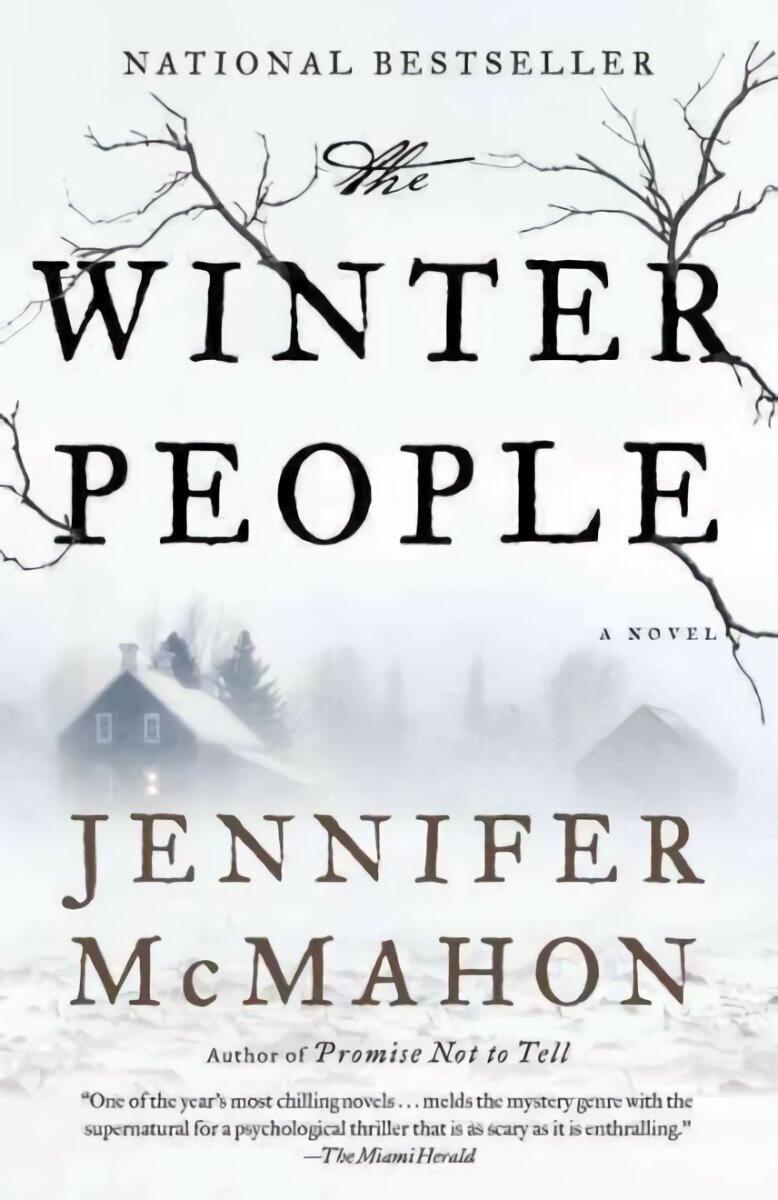
Winter People by Jennifer McMahon
West Hall, Vermont, has always been a town of strange disappearances and old legends. The most mysterious is that of …
Roolipelaaja, seikkailuharrastaja, spefi-kirjailija
Puran ahdistustani välillä fediversessä: kamu.social/@dare
This link opens in a pop-up window

West Hall, Vermont, has always been a town of strange disappearances and old legends. The most mysterious is that of …
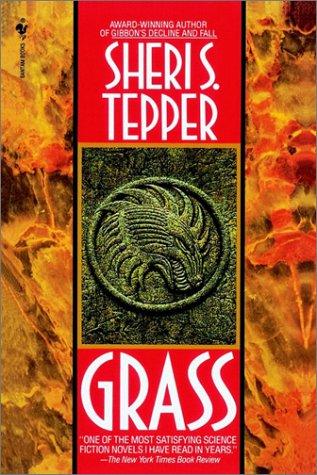
Generations ago, humans fled to the cosmic anomaly known as Grass. But before humanity arrived, another species had already claimed …
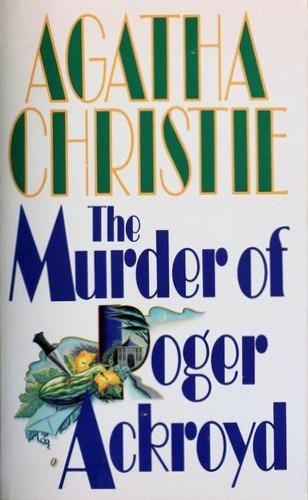
Village rumor hints that Mrs. Ferrars poisoned her husband, but no one is sure. Then there's another victim in a …
Ok, look, I'm speechless. I'm in awe of what I've just read.
It's a superhero/supervillain story about the size of 20+ regular books.
It's more thought out than most of your three-book stories.
It's wildly imaginative -- basically not a single set of superpowers is generic.
It is intense. Gods, is it ever intense. I cannot even begin.
If you are a fan of the genre, and if you have a month to spare, do yourself a favour and read this. After the first 100 or so pages you will already know if it is for you ... and if it is, there's a lot more where that came from.
Ok, look, I'm speechless. I'm in awe of what I've just read.
It's a superhero/supervillain story about the size of 20+ regular books.
It's more thought out than most of your three-book stories.
It's wildly imaginative -- basically not a single set of superpowers is generic.
It is intense. Gods, is it ever intense. I cannot even begin.
If you are a fan of the genre, and if you have a month to spare, do yourself a favour and read this. After the first 100 or so pages you will already know if it is for you ... and if it is, there's a lot more where that came from.
jaysis this book, who actually writes 7000 pages of superhero fiction
anyways, I'm loving it so far
jaysis this book, who actually writes 7000 pages of superhero fiction
anyways, I'm loving it so far
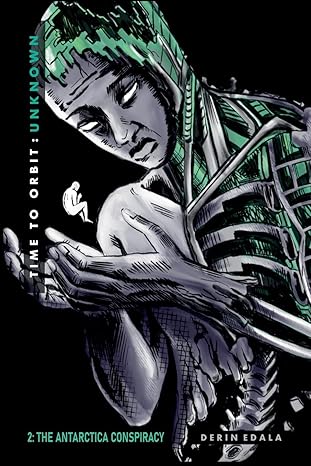
It hasn't been easy, but under the careful hand of its makeshift crew, the starship Courageous limps towards its destination. …
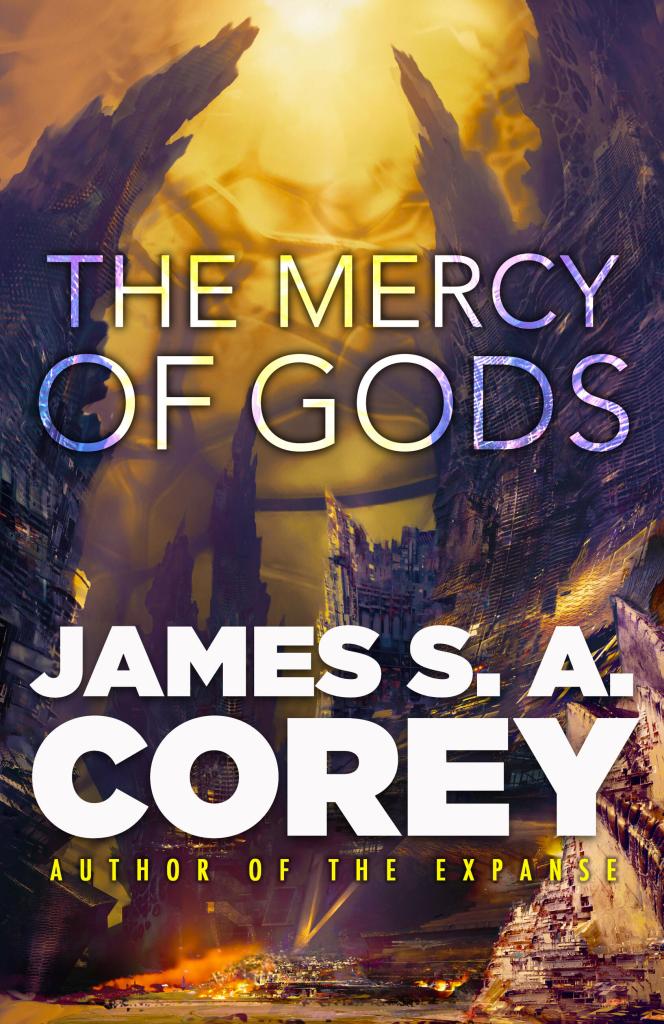
How humanity came to the planet called Anjiin is lost in the fog of history, but that history is about …